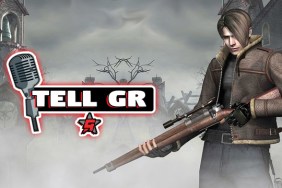Holding the fort.
War, as they say, is hell. Whether you’re a hippie peacenik chanting Kumbaya or a heartless killing machine just waiting for the next battle, everyone can agree that war is chaotic, frequently disgusting, and messy. Wouldn’t it be so much nicer if war was clean, neat, and organized? If you could ponder your next action thoughtfully, weighing all the alternatives before deciding…
-
Great strategy
-
No, really. GREAT strategy.
-
Memorable characters
-
Too easy to lose
-
Lackluster 2-D graphics
-
No special use of Wii-mote









